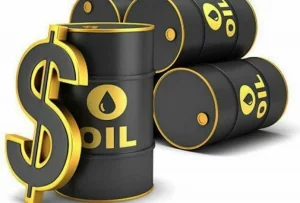
The International Monetary Fund (IMF) has advised the Nigerian government to implement its social protection measures to benefit poor and vulnerable Nigerians.
The IMF’s Director of Communications, Julie Kozak, said this during a recent press briefing, emphasising the urgent need to alleviate the hardships faced by Nigerians due to surging food, drug, and transportation prices.
The full implementation of the social safety net programme is considered essential for the government’s future efforts to reform the costly subsidies on fuel and electricity.
She added that addressing food insecurity is an immediate priority.
Kozak said: “We do recognise the difficult situation that many Nigerians face. Our advice is first and foremost to help ease this suffering related to higher food, drug, and transportation prices by strengthening social protection.
“With food price inflation reaching 35% year over year in January, addressing food insecurity is the immediate priority. The recently approved targeted social safety net program will provide cash transfers to vulnerable households and this is also a very important step to easing the suffering.
“It will need to be fully implemented before the government can address costly implicit fuel and electricity subsidies in a manner that will ensure that low-income households are protected.”
The IMF also sees the recent actions of the Monetary Policy Committee (MPC), which further tightened monetary policy, as a positive step towards curbing inflation and relieving pressure on the naira.
She said: “And the decision last week by the Monetary Policy Committee to further tighten monetary policy should also help contain inflation and contain pressures on the naira.”
The IMF also announced its plans to release a detailed annual report on Nigeria’s economy, shifting the focus to its broader economic landscape.
This announcement follows an IMF team’s visit to Nigeria from February 12 through 23. The team engaged in discussions on economic developments and policies with the government and the Central Bank of Nigeria (CBN). This visit forms part of the IMF’s routine dialogue with Nigerian authorities, intended to tackle the nation’s economic challenges.







